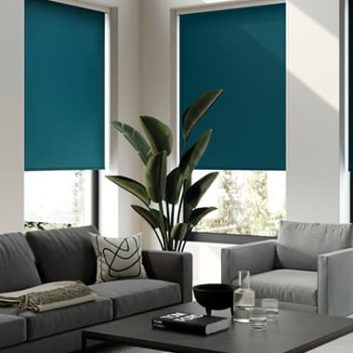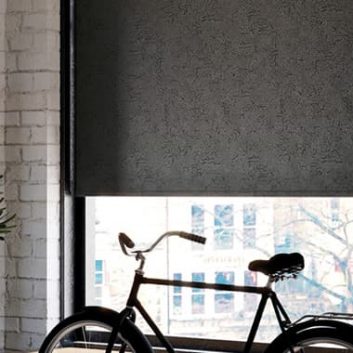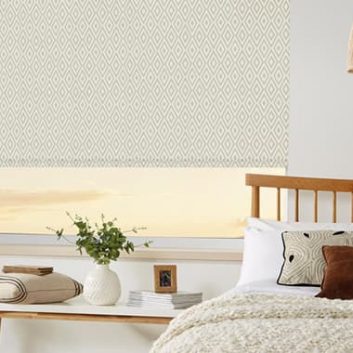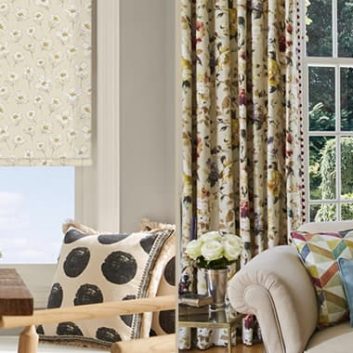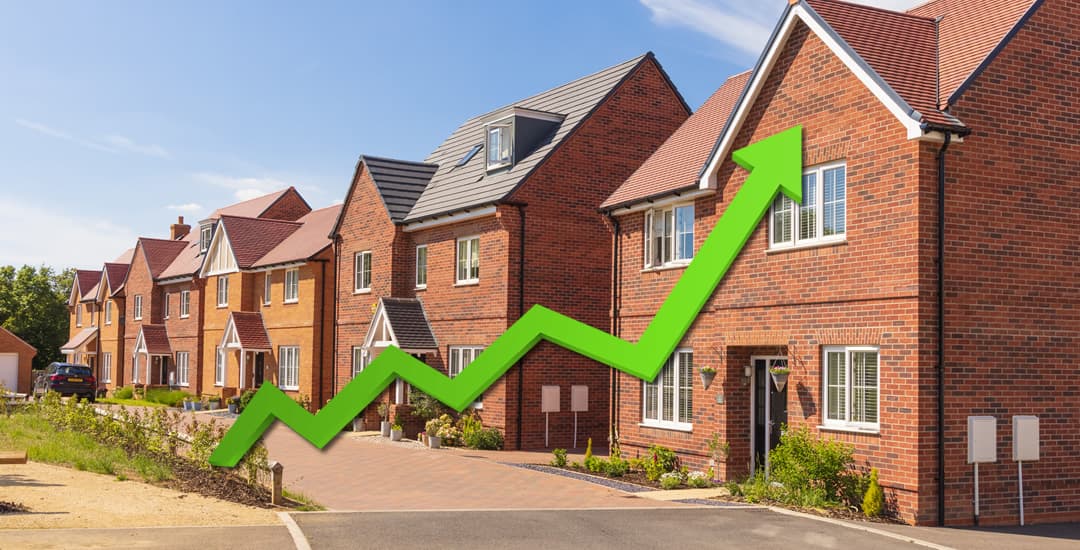
Do window blinds increase a home’s value? If you’re talking about new window blinds, the answer is almost always yes. Whether or not older blinds increase a home’s value depends on the type and quality of the blinds, the condition they’re in, and their style, as well as how well they suit the style of the home and the trends of the day.
So, are blinds a good investment if you’re thinking of selling up, and how might this be reflected in the ultimate sale value if you do? Window blinds increase a home’s value in terms of both their own inherent value – leaving them in situ (assuming that they’re reasonably stylish and in good condition) saves your buyer from needing to invest in new blinds or curtains when they move in – and they help in terms of the kerb appeal they add to your home too.
In this blog post I’ll look at why and how blinds increase the value of a home, what type of blinds you might want to buy in order to add kerb appeal, and what type of blinds are likely to add the most value.
Why do window blinds increase a home’s value?
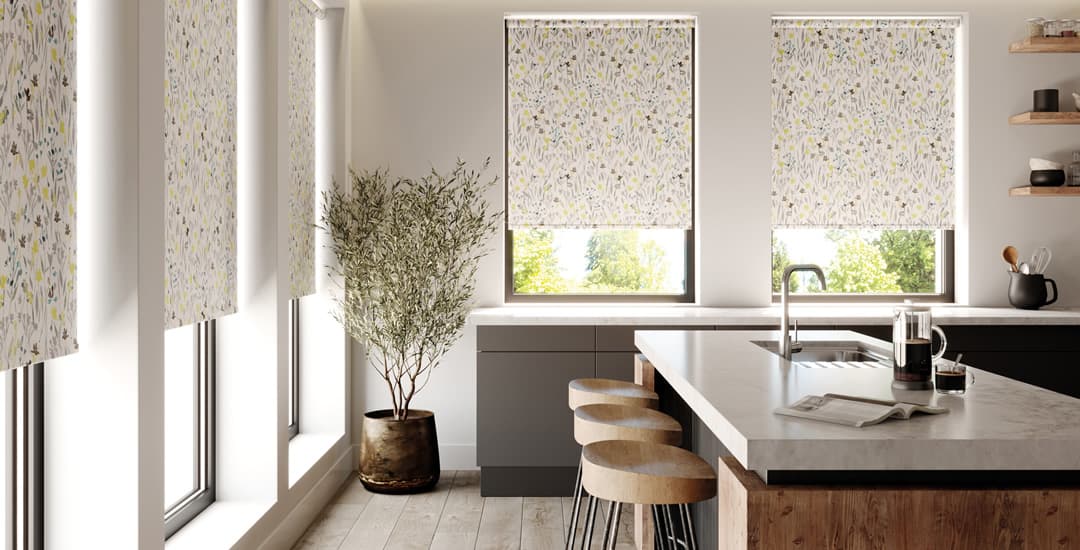
There are four potential ways in which, or reasons why, window blinds increase a home’s value.
The first is if they form part of the fixtures and fittings of the home, being, things that are left in the home as part of the sale. This is almost always the case for say, carpets, often the case for kitchen appliances (particularly fitted ones), sometimes the case for curtains, and usually the case for blinds. These sorts of things are factored into the overall value/asking price of the property when they’re included in the sale.
The second reason is rather harder to quantify in tangible terms, but is due to the fact that blinds can increase the “kerb appeal” of your home, this being how good it looks from outside and how well presented it is to passers-by and those that your estate agent is trying to sell it to.
The third reason is similar to “kerb appeal” but pertains to the impression your blinds give when you actually get potential buyers inside for a look around – I don’t think there’s a word for this, but I am willing to be corrected! How you present your home is a huge part of how appealing it will be to buyers and so also, the ultimate sale price you can get for it.
In fact, while it’s not really a thing here in the UK (as far as I know) in the USA, estate agents and “realtors” spend a lot of effort and potentially, money “staging” the homes they have on their books, which means presenting them in the way they deem most likely to get interest and increase the final sale price.
The fourth reason why blinds increase the value of a home is due to their insulating properties. This is more acute for some types of blinds than others, but blinds insulate the window they’re on, and at their most effective, can make a noticeable difference to the temperature of the room and heat loss via the windows, which then saves money on your heating bills.
This means that the sort of figures your prospective buyers might be looking at to heat their home each year will usually be lower than otherwise, adding to the appeal and value of the home, plus negating the need for them to invest in insulation for the windows themselves.
How do window blinds increase a home’s value?
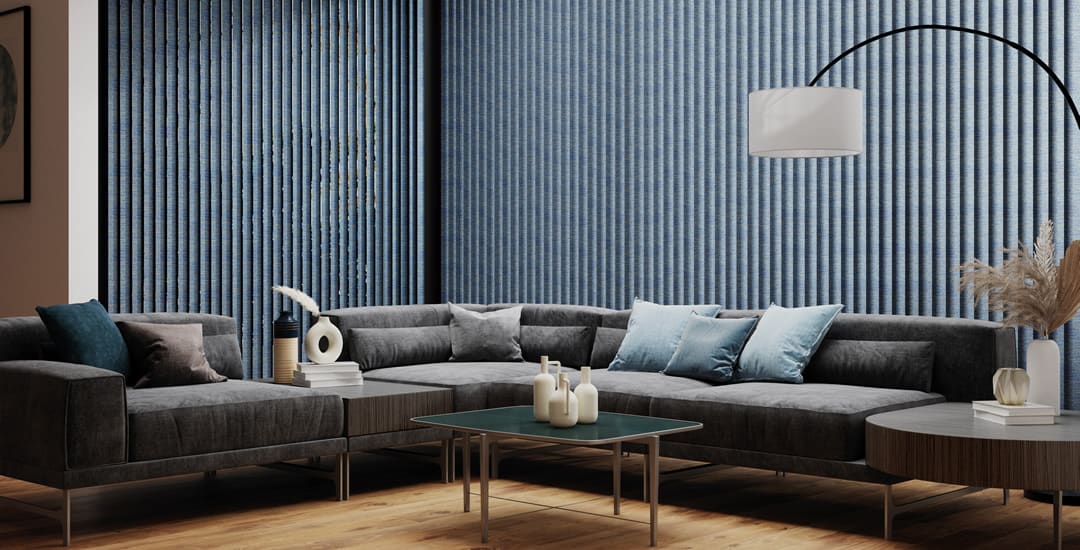
Looking at all of the above then, window blinds increase a home’s value by making it look better (both from the inside and the outside – in fact, I can’t think of anything else you can buy or do to the inside of your home that has an impact on how it looks from outside), and by means of the value of the blinds themselves.
For thermally insulating blinds, they might also have an impact on the cost of heating the home, which is another important consideration for buyers; a home that is energy efficient will cost less to keep warm, increasing the home’s value accordingly.
What type of blinds are best to increase a home’s value?
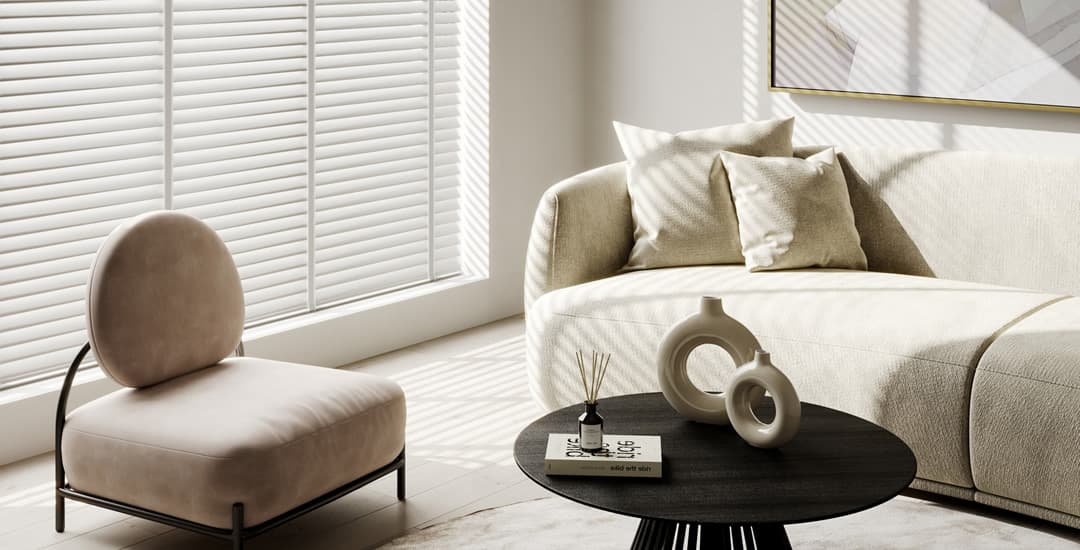
If you’re looking to buy new blinds to increase the value of your home, what type of blinds are best? This question itself has a few different elements to it.
First up, different types of blinds can vary quite considerably in terms of their cost and so, value; but also, if you’re looking to sell your home, any investment made into achieving the end sale needs to be recouped with enough of a margin to make it worth the effort, which means that choosing very costly blinds might not be the best approach to this.
With that said, good quality luxury blinds – like made to measure Roman blinds, or wooden blinds – will add more value to a home than say, roller blinds. This is both due to the quality and value of the blinds type in question, and because both wooden and Roman blinds are excellent insulators, and so will have a more acute impact on the cost of heating the home.
If you’re planning on selling, however, Roman blinds might not be to everyone’s taste – even if they’re neutral, albeit wooden blinds tend to have a more or less universal appeal.
Looking just at the value increase itself then, the more costly/valuable the blinds you choose, combined with their thermally insulating qualities and based on the assumption that their style or type is more or less universal in appeal, the greater their impact will be.
However, this doesn’t mean that a more costly blind will be the most cost effective in terms of the return on your investment that your blinds bring. This depends on a range of things including the blinds, their impact, the type of home you have and ultimately, what your buyer wants and is willing or able to pay for it.
Do window blinds increase a home’s value even if they’re not expensive blinds?
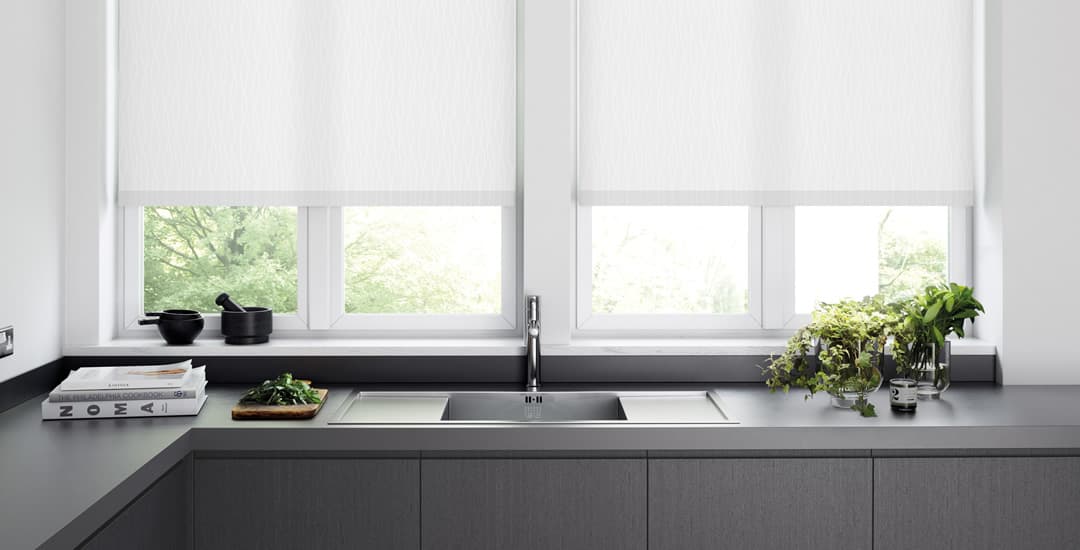
If you’re looking at solely or mainly increasing the kerb appeal of your home and improving its presentation, any blinds that work well within the home’s theme and that are reasonably neutral will do the trick. This means that you can look at buying blinds from the lower end of the price spectrum – like roller blinds or vertical blinds – to smarten up your windows, and improve the impression that they give.
Both roller blinds and vertical blinds can be made with thermally insulating linings and other features like waterproofing and blackout qualities; all of which in turn can potentially add to their value, for not a great deal of additional spend on your part.
However, for lower cost blinds, you would really be looking at simply the visuals and impression they create in terms of their impact on your home’s appeal and value, rather than their functionality increasing the cost of the home in and of themselves.
This could be quite acutely the case if you get a would-be buyer who has very clear ideas of their own that don’t involve your chosen blinds, and that they would be looking to replace them anyway.
Do window blinds increase a home’s value if the blinds aren’t new?
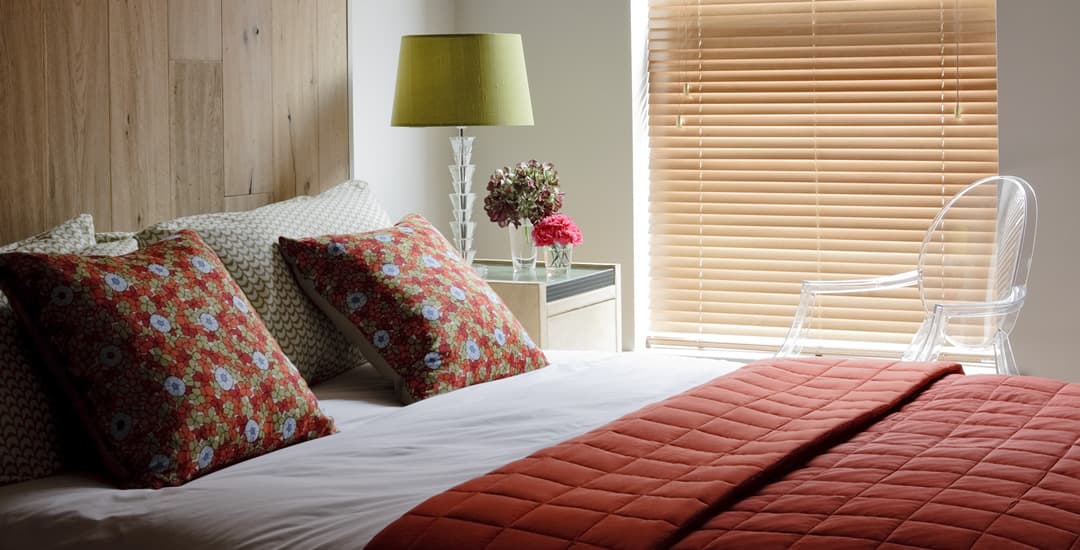
Finally then, blinds don’t have to be brand new in order to increase the value of your home, but they do have to be in good condition and in keeping with the style of the home, and not obviously dated in terms of their looks.
The thermally insulating qualities and presence of window coverings as part of the sale regardless of their age or type should in theory contribute to your home’s value, even if the blinds aren’t the most exciting type around; but again, this might be worth nothing in negotiating terms if your buyer is planning on doing away with them anyway!

